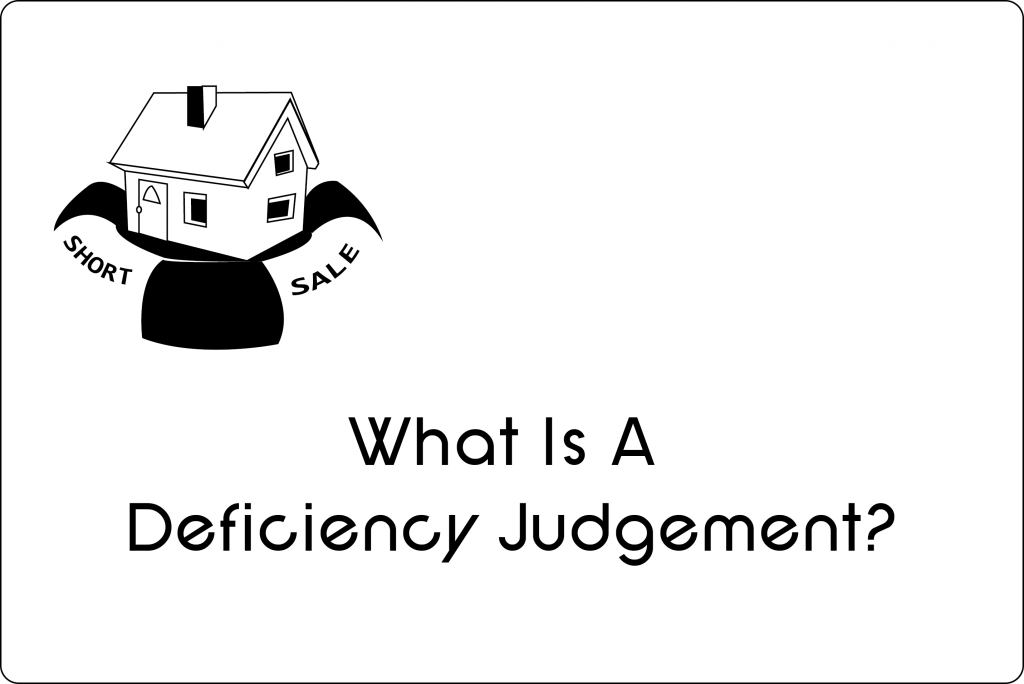

The lender seeking a deficiency judgment has the burden of proving that the fair market value of the foreclosed property on the date of the sale is less than the total amount owed, as secured by the court in the final judgment of foreclosure.

A deficiency exists only when the judgment amount is more than the fair market value of the property on the date of the foreclosure sale, which is not determined by the foreclosure sale price. For example, if the lender obtains a final judgment of foreclosure for $200,000, the fair market value of the property at the date of sale is $200,000, and the property is sold at foreclosure for $100,000, there is no deficiency. The purchase price of the property at a foreclosure sale is irrelevant in calculating a deficiency judgment. The amount of a deficiency judgment is limited to “the difference between the judgment amount, or in the case of a short sale, the outstanding debt, and the fair market value of the property on the date of sale.” § 702.06, Fla. In addition, if the foreclosed property is a one-family to four-family dwelling, the deficiency action must be brought within one (1) year after the day the certificate was issued by the clerk of court, or the day after the mortgagee accepted a deed in lieu of foreclosure. Usually, a Florida court will grant a deficiency judgment, unless the market value of the foreclosed property at the time of the sale equals the amount of the final judgment of foreclosure, or particular equitable defenses are sustained. A deficiency only exists when the property’s fair market value is less than the amount secured by the final judgment of foreclosure. 1st DCA 1981) (“Absent such equitable considerations, the granting of a deficiency judgment is the rule rather than the exception.”). It is important to note that entitlement to a deficiency judgment is the rule rather than the exception, and is within the sound discretion of the court. The lender can bring a separate action for deficiency judgment, unless the court in the mortgage foreclosure action has granted or denied a claim for a deficiency judgment.

#Deficiency judgment full
However, sometimes the sale proceeds are insufficient to satisfy the full amount of debt owed. When a lender obtains a final judgment of foreclosure from the court, the mortgaged property is sold at public auction and, if bought by someone other than the foreclosing lender, the proceeds are applied to the debt owed by the delinquent borrower.


 0 kommentar(er)
0 kommentar(er)
